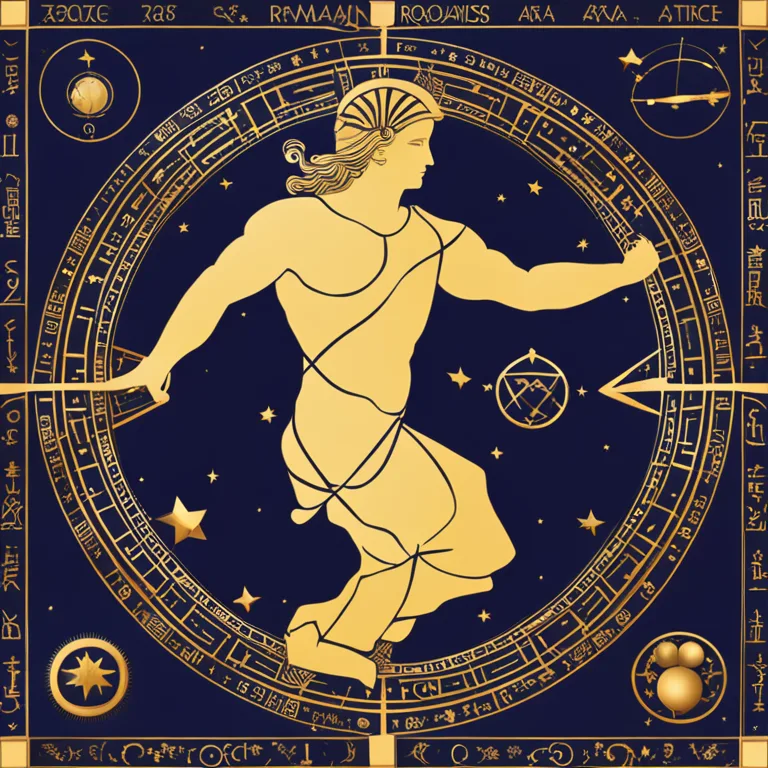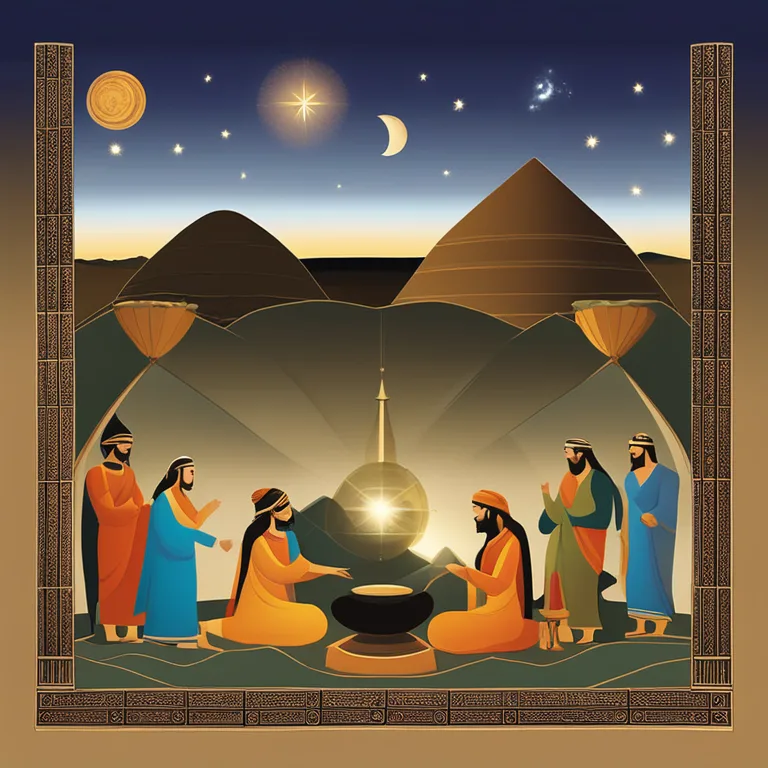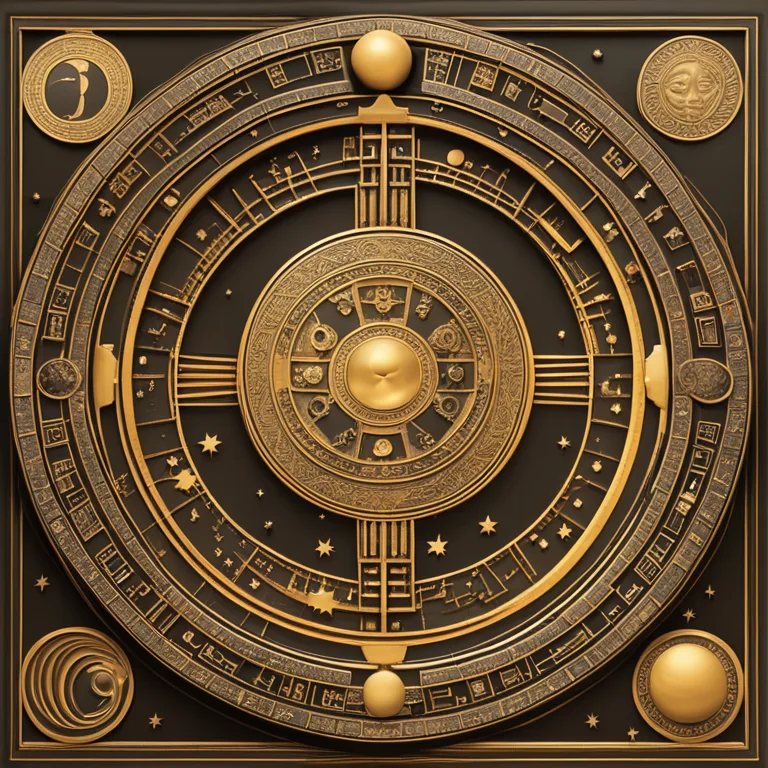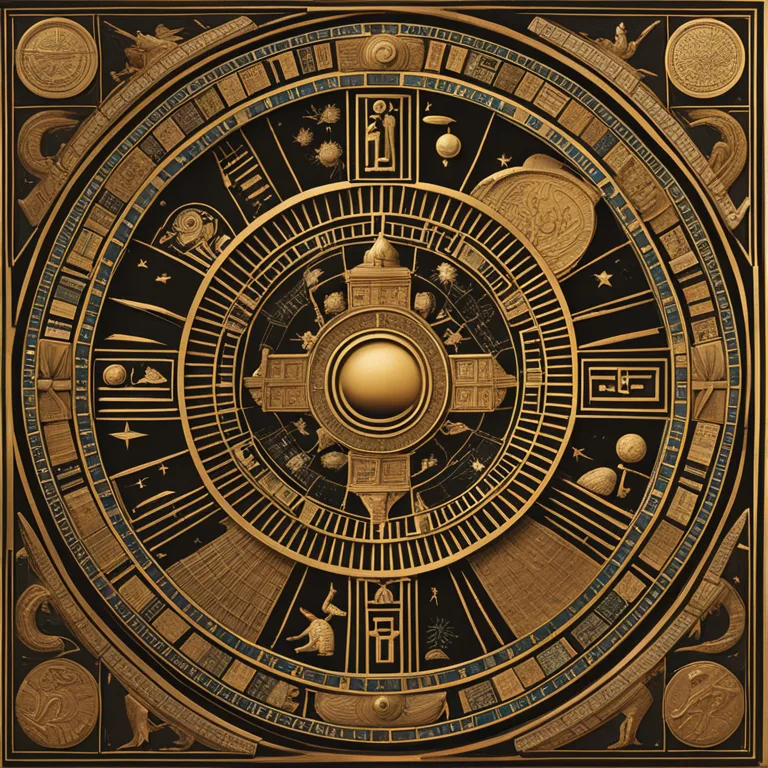
The Beginnings of Astrology
Discover the ancient beginnings and historical development of astrology, from celestial observation to modern horoscopes.
article by Priya Deshmukh
Ancient Interaction with the Cosmos
Astrology’s roots are deeply entwined with humanity's earliest civilizations and their fascination with the heavens. Ancient peoples often viewed the celestial bodies as deities or omens, impacting life on Earth. By meticulously observing the movements of the stars, planets, and other celestial events such as eclipses, these early astronomers began to record and ascribe meanings to their findings, laying the groundwork for what would become astrology.

Babylonian Beginnings
The earliest structured system of astrology emerged in Babylonia around the 2nd millennium BCE. Babylonian astrologers developed a lunar calendar, and they began to predict the future and natural phenomena based on celestial configurations. This form of celestial divination was intricately connected with their religious practices and was a precursor to the horoscopic astrology we’re familiar with today, which includes casting horoscopes for 2024 and beyond.

Egyptian and Greek Synthesis
Astrology as we recognize it began to take shape through its cross-pollination with Egyptian traditions and the Hellenistic world after Alexander the Great’s conquests. The Greeks adopted the Babylonian zodiac and refined the concept of the astrological chart. This period also saw the introduction of the ecliptic coordinates system, the foundation of the Western horoscope system, which continues to inform astrological forecasts for years like 2024.

Romans and the Horoscope
The Romans were largely responsible for the spread of astrology throughout the empire. They embraced the practice and stamped their own influence on it, giving us many of the astrological terms still in use. Unlike earlier forms of astrology, Roman astrologers began to focus more on the individual, leading to the practice of casting nativities—essentially, the ancient version of a personal horoscope, detailing the life and destiny of a person.

The Medieval to Renaissance Boost
Throughout the medieval period and into the Renaissance, astrology experienced revival and reform. Islamic scholars preserved ancient texts, and European scholars later translated and built upon them. The invention of the printing press in the 15th century greatly facilitated the spread of astrological works, making horoscopes increasingly accessible to the general population and standardizing practices that would inform future astrological forecasts.
Astrology in the Modern Era
Despite periods of skepticism and decline, such as during the Age of Reason, astrology has experienced a resurgence in the modern era. Today, astrologers use computer programs to cast horoscopes quickly and accurately, making personalized predictions for times well beyond the present year, such as 2024. With the advent of the internet and social media, astrology has gained a substantial following, blending ancient techniques with contemporary perspectives.
Published: 12/29/2023
Modified: 12/29/2023
More predictions
Come back here soon to learn more about yourself and your future


Astrology: Tracing Its Linguistic Heritage
Dive into the linguistic origins of astrology, unraveling the etymology and historical context of this ancient practice.


Your Astrological House Journey
Discover which astrological house you belong to and learn how it shapes your personality, life path, and experiences in the cosmic realm.


Your Astrological House Stars Journey
Discover the significance of astrology houses in your birth chart and learn which astrological house you belong to for deeper self-awareness.